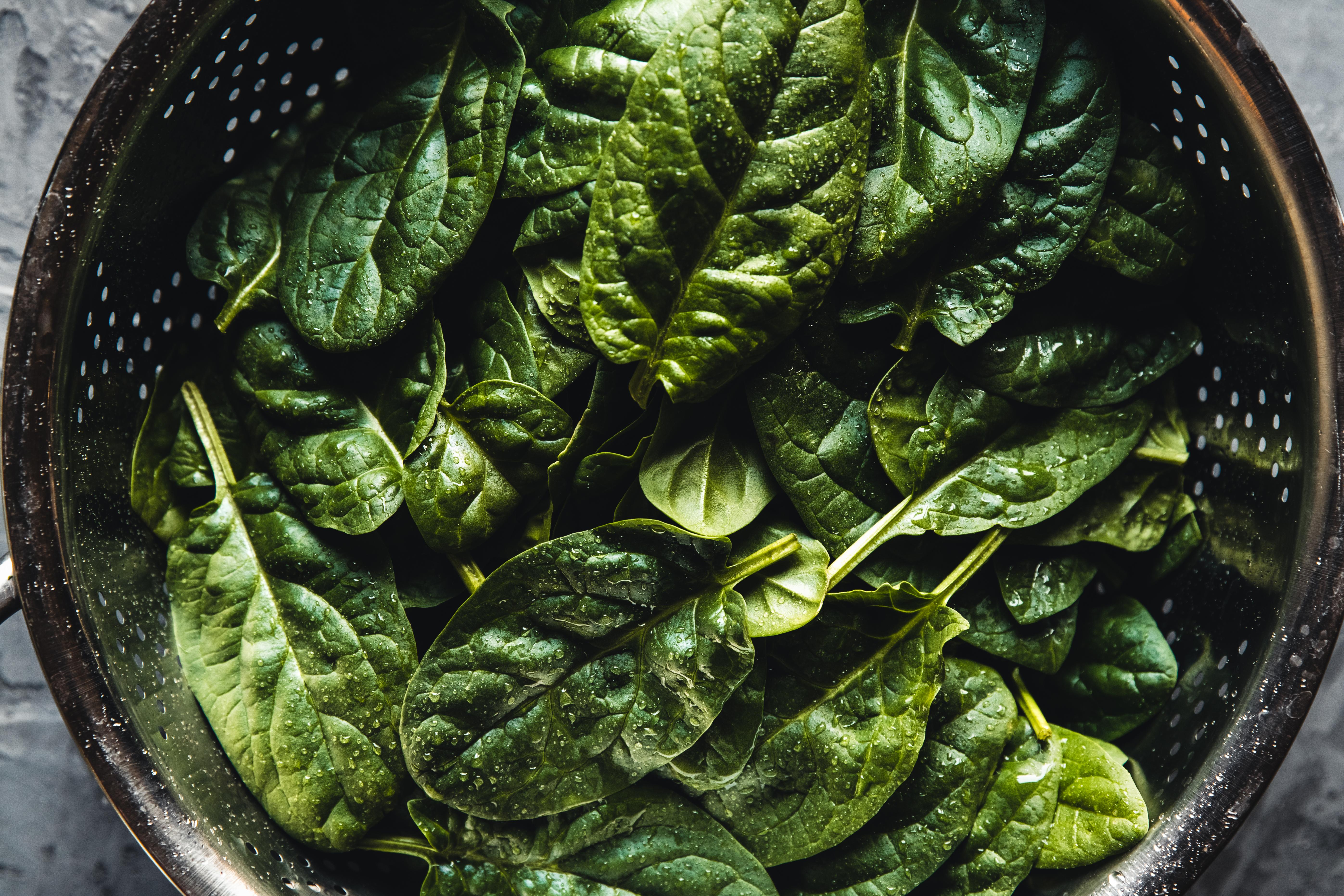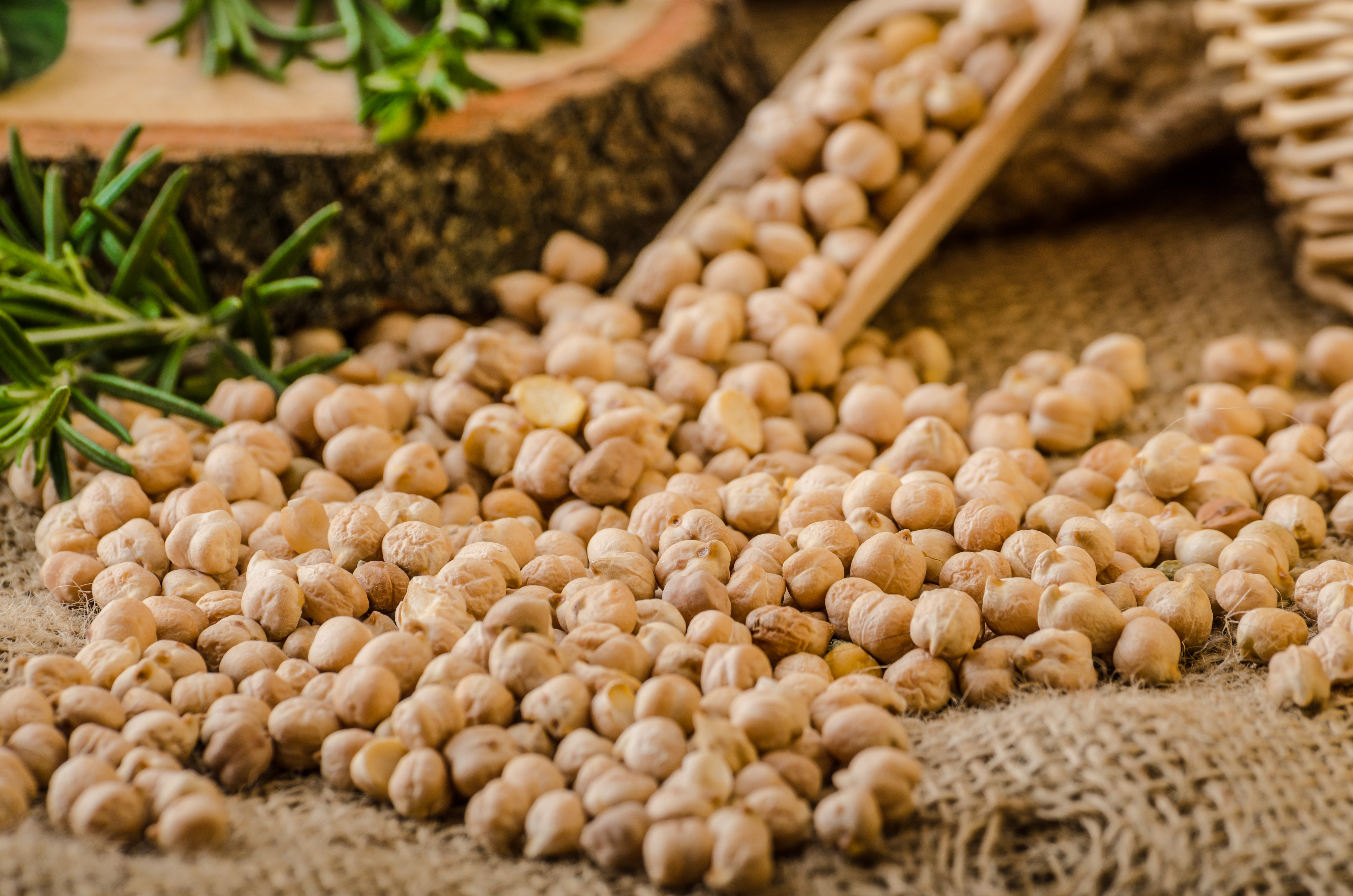Best Foods To Supercharge Your Gut Microbiome
3. Leafy Greens: The Chlorophyll-Rich Allies

Leafy greens are a powerhouse of nutrients that play a crucial role in maintaining a healthy gut microbiome. Vegetables such as spinach, kale, arugula, and Swiss chard are rich in fiber, vitamins, and minerals, making them an essential component of a gut-friendly diet. The fiber in leafy greens acts as a prebiotic, feeding beneficial bacteria and promoting their growth. Moreover, these greens are high in chlorophyll, which has been shown to support detoxification and reduce inflammation in the gut. The consumption of leafy greens has been linked to a more diverse and resilient gut microbiome. The fiber content in these vegetables helps to increase the production of short-chain fatty acids, which are vital for maintaining the integrity of the gut lining. Additionally, leafy greens contain a range of phytochemicals that have antioxidant and anti-inflammatory properties, further promoting gut health. By including a variety of leafy greens in your diet, you can support a balanced and thriving microbial community. Incorporating leafy greens into your meals is easy and versatile. They can be enjoyed raw in salads, sautéed as a side dish, blended into smoothies, or added to soups and stews. Aim to consume a mix of different greens to benefit from the unique nutrients each variety offers. By making leafy greens a staple in your diet, you can enhance your gut health and support overall wellness.
4. Legumes: The Fiber and Protein Powerhouses

Legumes, including beans, lentils, chickpeas, and peas, are nutritional powerhouses that offer a wealth of benefits for the gut microbiome. These plant-based foods are rich in both soluble and insoluble fiber, providing a robust source of prebiotics that feed beneficial bacteria. The high fiber content in legumes helps to promote regular bowel movements, reduce inflammation, and support the production of short-chain fatty acids, which are essential for gut health. In addition to fiber, legumes are an excellent source of plant-based protein, making them a valuable addition to a balanced diet. They are also rich in vitamins, minerals, and antioxidants that contribute to overall health. The consumption of legumes has been associated with a more diverse and resilient gut microbiome, as they help to increase the abundance of beneficial bacteria while reducing harmful strains. By incorporating a variety of legumes into your diet, you can support a thriving microbial community and enhance digestive health. Legumes are incredibly versatile and can be used in a wide range of dishes, from soups and stews to salads and dips. They can be enjoyed whole, mashed, or pureed, offering endless possibilities for culinary creativity. When preparing legumes, be sure to soak and cook them thoroughly to reduce anti-nutrients and enhance digestibility. By making legumes a regular part of your diet, you can nourish your gut microbiome and support overall well-being.
